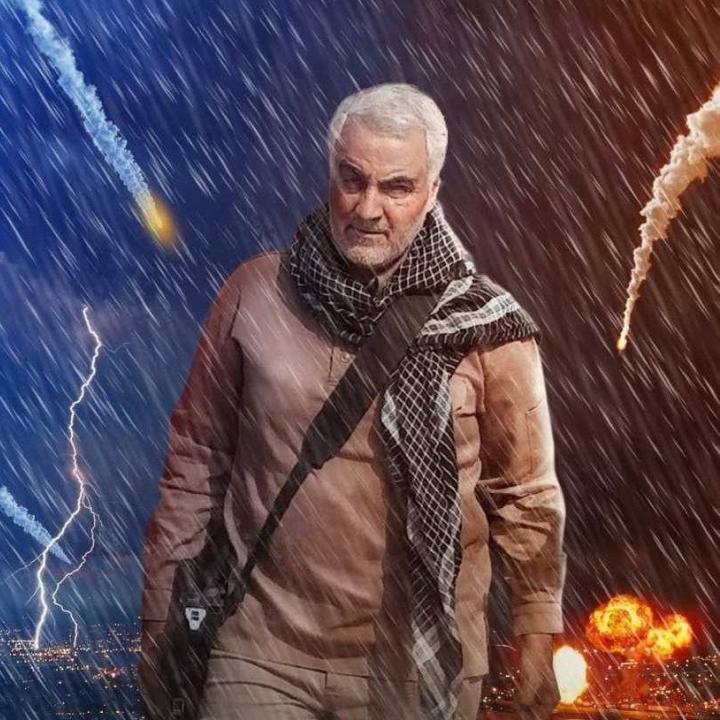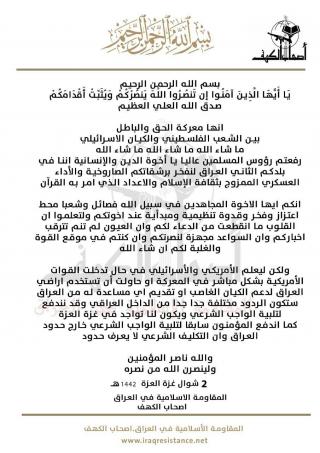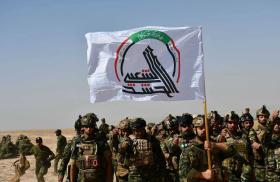

Hamas's example could embolden Iraqi factions to accelerate attacks on U.S. facilities at home, as well as seek some reflected glory by claiming Syria-based attacks against Israelis.
Amid the intense flare-ups between Israel and the Palestinians, Ashab al-Kahf (AK), an Iraqi facade group affiliated with Asaib Ahl al-Haq (AAH), claimed it fired five rockets at Yesud HaMaala, a location close to the Golan Heights (Figure 1). The claim was posted on muqawama (resistance) social media channels on May 14, then quickly retracted, and then reissued by another group known for extensively posting AK’s material, underlining AK's ownership of the statement. The Israeli military confirmed that three rockets were fired from Syria toward Israeli territory on May 14.
The threat and the AK claim followed a similar AK statement threatening U.S. forces in Iraq with “very very different responses” if they “directly took part in the conflict or tried to use the Iraqi territory to support the usurping entity or to provide any help from Iraq” (Figure 2).
Various Iraqi militias also talked about sending weaponry and fighters to take part in the Gaza conflict. Kataib Sayyid al-Shuhada (KSS) announced on May 15 that it had volunteered to join the Palestinian factions and help them with "air defense systems, drones, anti-armor weapons, and long-range missiles,” among other support (Figure 3).
This claim was bolstered when Abu Azrael, a high-profile fighter in Kataib al-Imam Ali (KIA), posted on May 16 that KSS and Harakat Hezbollah al-Nujaba (HaN) were organizing volunteers to open a new front against Israel. He added that some fighters had already been deployed (Figure 4). In March 2017, HaN launched its Golan Liberation Brigade to help the Syrian regime "free Golan."
In short, Iraqi militias are using the Israeli-Palestinian crisis as an information operations opportunity. Throughout the fighting, muqawama media channels have been saturated with euphoric posts about the conflict. Morale has been especially boosted by imagery of rocket impacts, which the muqawama spin to suggest the strength of Iran-backed forces and their presumed ability to saturate enemy missile defenses.
Iraqi groups are also framing the conflict as part of a universal muqawama struggle. Jafar al-Husseini, Kataib Hezbollah's military spokesman, stated on May 13 that “if the purpose of the American presence in Iraq is to protect Israel, we remind them that the battlefield to confront the Ziono-American enemy is one” (Figure 5).
For the muqawama to achieve their ultimate goal of capturing the Iraqi state, they need to force U.S. troops out of the country. Thus, they will probably try to use the Gaza flare-up to legitimize their actions against U.S. troops in the eyes of the Iraqi population.








